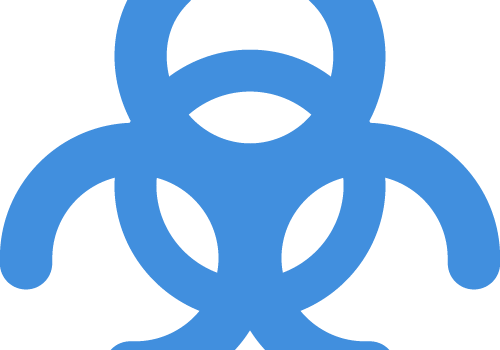WHO Director-General’s remarks at mRNA Technology Transfer Hub – 11 February 2022 – World
Your Excellency Joe Phaahla,
Your Excellency Buti Manamela,
Your Excellency Meryame Kitir,
Professor Wim de Villiers,
Dear colleagues and friends,
Good afternoon, it’s an honour to be here.
Two years ago, as the world was still coming to grips with the spread of a new coronavirus, WHO did what only WHO can do – we convened hundreds of scientists from around the world to identify the most urgent priorities in research and development.
Among them was the development of vaccines.
Tomorrow marks the second anniversary of that first meeting convened by WHO.
It’s incredible to think that within a year of that meeting, the first vaccines were approved, and just two years later, more than 10 billion doses have been administered globally.
The development and approval of not one, but several vaccines, in record time is an extraordinary scientific triumph that sets a new standard.
There can be no doubt that vaccines have saved countless lives, are helping to turn the tide on the pandemic, and are now giving many countries the confidence to relax restrictions.
But as you know, this scientific triumph has been marred by vast inequities in access.
More than half the world’s population is now fully vaccinated. And yet 84% of the population of Africa is yet to receive a single dose.
Much of this inequity has been driven by the fact that globally, vaccine production is concentrated in a few mostly high-income countries.
One of the most obvious lessons of the pandemic, therefore, is the urgent need to increase local production of vaccines, especially in low- and middle-income countries.
That’s why, in April last year, WHO issued a call for expressions of interest for establishing a technology transfer hub for mRNA vaccines.
The turnout of applications was high but South Africa was chosen and established here in South Africa, as a partnership between WHO, Afrigen Biologics, the Biologicals and Vaccines Institute of Southern Africa, or Biovac, the South African Medical Research Council, the Africa Centres for Disease Control and Prevention, and the Medicines Patent Pool.
We very much appreciate the strong support for the hub from Belgium, Canada, the European Union, France, Germany and Norway.
And it’s already producing results, with Afrigen’s announcement last week that it has produced its own mRNA vaccine, based on publicly available information about the composition of an existing vaccine. And the mrNA technology is not just for COVID. It will be for malaria, TB and HIV – it will be a game changer.
We expect this vaccine to be more suited to the contexts in which it will be used, with fewer storage constraints and at a lower price.
The Medicines Patent Pool will manage the intellectual property, and where necessary issue licences to manufacturers.
Once a vaccine has been successfully developed, other manufacturers from around the world will be able to produce the vaccine for national and regional use. Many of the countries that have asked to serve as a hub will become a spoke, and there will be a network of institutions working together.
We expect clinical trials to start in the fourth quarter of this year, with approval expected in 2024.
Spokes in other countries receiving the technology should be able to receive approval shortly thereafter.
I congratulate Afrigen on this achievement, and WHO looks forward to supporting you as you take this vaccine candidate into clinical trials and beyond.
And I congratulate South Africa on its leadership throughout the pandemic – in hosting this mRNA technology transfer hub, in chairing the ACT Accelerator Facilitation Council, and in initiating a resolution at the World Trade Organization to temporarily suspend intellectual property rights for COVID-19 products.
And President Ramaphosa’s leadership was very clear continentally and globally through his leadership of the ACT Accelerator Facilitation Council.
Indeed, if the owners of mRNA vaccine technologies shared them with the Hub, we could expedite manufacturing, removing the need for large clinical trials, and cutting development and approval time by at least one year.
Once again, I congratulate all those involved in bringing the mRNA technology transfer hub to this point, and I look forward to its further development.
The reason South Africa was chosen was not only because of Afrigen and Biovac but because of the presence of Stellenbosch University, the Biomedical Research Institute, CERI and the rest of the systems that can support it. We believe the capacity we have in this country will make the project successful, and the only option is success.
WHO remains committed to supporting the development of local manufacturing in Africa and around the world, to increase regional health security and as part of our vision for the highest attainable standard of health for all people, in all nations.
I thank you.








Gloss